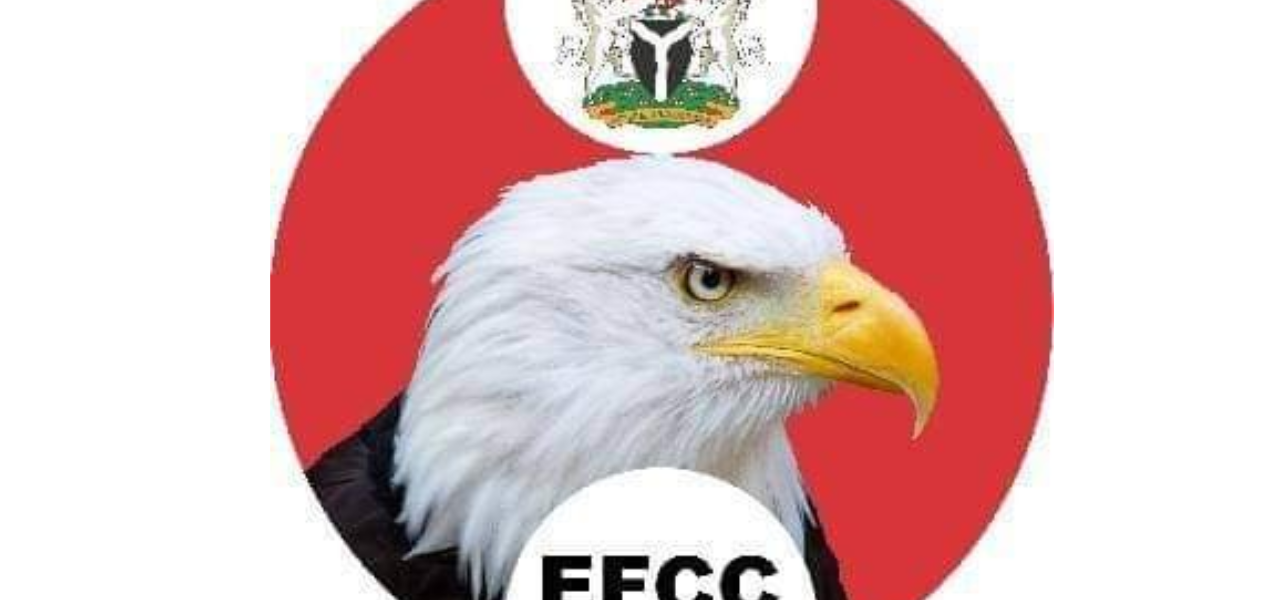
THE Chairman of the Economic and Financial Crimes Commission (EFCC), Olanipekun Olukoyede, has disclosed that $88.6 billion is lost to illicit financial flows in Africa annually.
The EFCC chairman disclosed this while delivering a keynote address at the Pan-African Conference on Illicit Financial Flows (IFFs) and Taxation in Tunis, Tunisia on Thursday, June 27, 2024.
Olukoyede, who emphasised the grave challenge posed by illicit financial flows to Africa’s economic stability and development, noted that over $88.6 billion is illicitly siphoned from the continent annually.
He said the funds could otherwise be channelled towards critical infrastructure, healthcare, and education.
Olukoyede, who discussed the role of the Common African Position on Asset Recovery (CAPAR) in providing a unified stance for African nations, also underscored the importance of international cooperation, citing the Stolen Asset Recovery Initiative (StAR), a partnership between the World Bank and the United Nations Office on Drugs and Crime (UNODC), as pivotal in facilitating these efforts.
The EFCC boss, according to a statement issued by the spokesman for the anti-graft agency, Dele Oyewale, shared notable success stories, including Nigeria’s repatriation of $311 million of the Abacha loot from the United States in 2020.
This recovery, he said, was achieved through collaboration with international partners and has been allocated to vital infrastructure projects such as the Second Niger Bridge and the Lagos-Ibadan expressway.
Olukoyede also detailed how Nigeria is utilising the funds for developmental projects aligned with the African Union’s Agenda 2063.
Olukoyede, therefore, called for continuous advocacy and international pressure to ensure cooperation from tax havens and low-tax jurisdictions.
He emphasised the importance of stopping resources from leaving Africa in the first place, urging collective efforts to turn words into action for the betterment of the continent.













